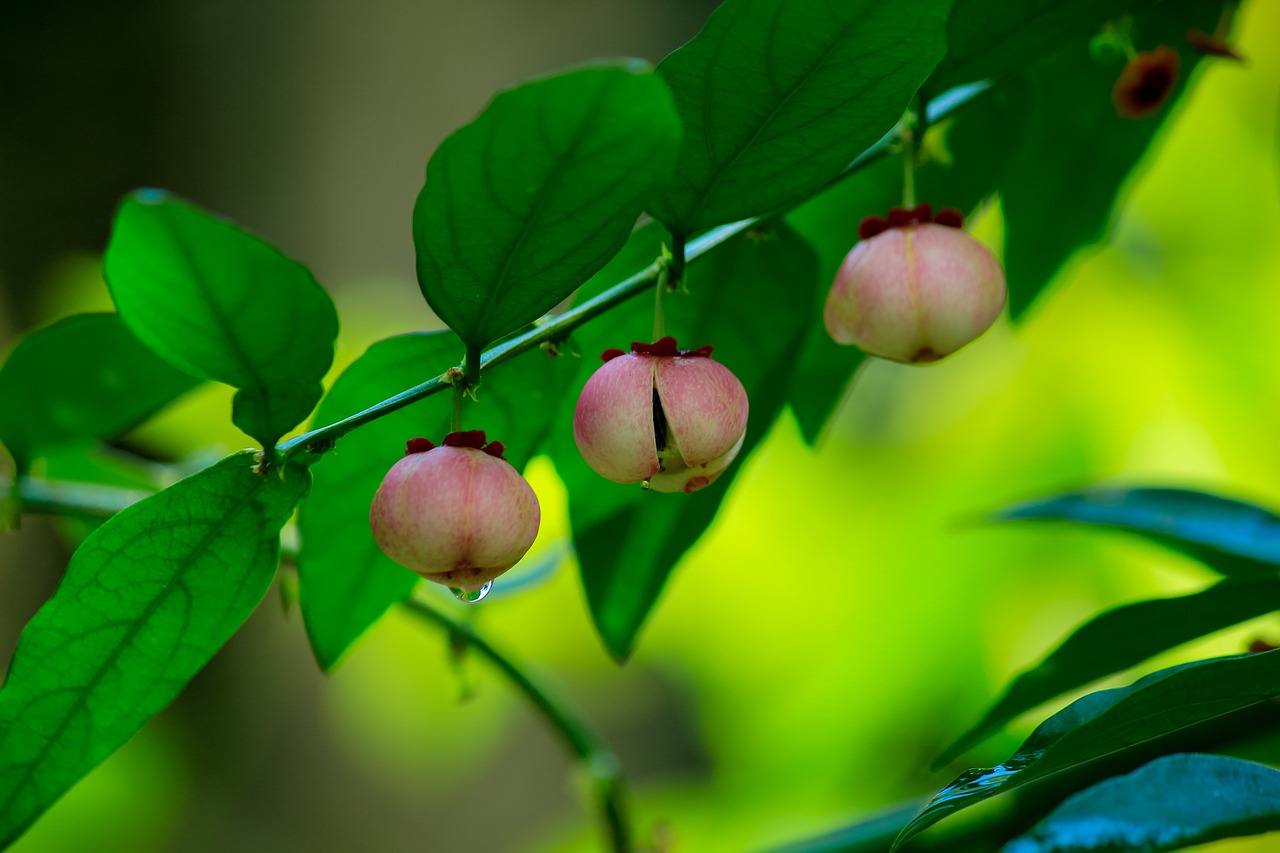
Sweet Leaf, also known as Stevia, is a natural sweetener that has been gaining popularity as a sugar substitute. But what makes it so special? Stevia comes from the leaves of the Stevia rebaudiana plant, native to South America. It's known for being much sweeter than sugar without the calories. This makes it a favorite among those looking to reduce sugar intake. But there's more to this plant than just its sweetness. From its history to its health benefits, Stevia has a lot to offer. Ready to learn some cool facts about this amazing plant? Let's dive in!
Key Takeaways:
- Sweet Leaf, also known as Stevia, is a natural sweetener with zero calories and no impact on blood sugar levels, making it a healthier alternative to sugar for people with diabetes.
- Sweet Leaf is 200-300 times sweeter than sugar, has a rich history dating back to indigenous use in Paraguay and Brazil, and offers a sustainable option with a smaller environmental impact compared to traditional sugar production.
What is Sweet Leaf?
Sweet Leaf, also known as Stevia, is a natural sweetener derived from the leaves of the Stevia rebaudiana plant. It's gaining popularity as a sugar substitute due to its zero-calorie content and potential health benefits. Here are some fascinating facts about Sweet Leaf.
Origins of Sweet Leaf
Understanding where Sweet Leaf comes from can give us a deeper appreciation for this natural sweetener.
- Sweet Leaf is native to Paraguay and Brazil. Indigenous people have used it for centuries to sweeten beverages and medicines.
- The plant belongs to the Asteraceae family. This family also includes daisies and sunflowers.
- Stevia rebaudiana is the most potent species. There are over 150 species of Stevia, but Stevia rebaudiana is the sweetest.
Health Benefits of Sweet Leaf
Sweet Leaf isn't just a sugar substitute; it offers several health benefits that make it a preferred choice for many.
- Sweet Leaf has zero calories. This makes it an excellent option for those looking to reduce calorie intake.
- It doesn't raise blood sugar levels. This is particularly beneficial for people with diabetes.
- Sweet Leaf contains antioxidants. These compounds help fight free radicals in the body.
Uses of Sweet Leaf
Sweet Leaf can be used in various ways, making it a versatile addition to your kitchen.
- It's commonly used in beverages. You can find it in teas, coffees, and even cocktails.
- Sweet Leaf is used in baking. It can replace sugar in cakes, cookies, and other baked goods.
- It's also found in processed foods. Many low-calorie and sugar-free products use Sweet Leaf as a sweetener.
Environmental Impact of Sweet Leaf
Sweet Leaf is not only good for your health but also has a relatively low environmental impact.
- The plant requires less land to grow. This makes it a more sustainable option compared to sugarcane or corn.
- It uses fewer resources. Growing Sweet Leaf requires less water and pesticides.
- Sweet Leaf has a smaller carbon footprint. Its production emits fewer greenhouse gases compared to traditional sugar.
Fun Facts About Sweet Leaf
Here are some interesting tidbits that make Sweet Leaf even more intriguing.
- Sweet Leaf is 200-300 times sweeter than sugar. A little goes a long way.
- It was banned in the U.S. until 1995. Concerns about its safety led to a temporary ban.
- Japan has been using Sweet Leaf since the 1970s. It’s a popular sweetener in many Japanese products.
Sweet Leaf offers a natural, healthier alternative to sugar, with a rich history and numerous benefits.
Sweet Leaf's Hidden Wonders
Sweet Leaf, or Stevia, packs a punch beyond its sweetness. This natural sweetener, derived from the Stevia plant, offers a healthier alternative to sugar. It boasts zero calories, making it a favorite for those watching their waistlines. Plus, it doesn't spike blood sugar levels, which is a win for diabetics.
Not just a sugar substitute, Sweet Leaf has antioxidant properties that can help combat oxidative stress. It's also been linked to potential benefits like lowering blood pressure and improving heart health.
Incorporating Sweet Leaf into your diet can be as simple as adding it to your morning coffee or baking it into your favorite treats. With its myriad benefits, it's no wonder this plant-based sweetener is gaining popularity. So next time you're reaching for sugar, consider giving Sweet Leaf a try. Your body might just thank you!
Frequently Asked Questions
Was this page helpful?
Our commitment to delivering trustworthy and engaging content is at the heart of what we do. Each fact on our site is contributed by real users like you, bringing a wealth of diverse insights and information. To ensure the highest standards of accuracy and reliability, our dedicated editors meticulously review each submission. This process guarantees that the facts we share are not only fascinating but also credible. Trust in our commitment to quality and authenticity as you explore and learn with us.


